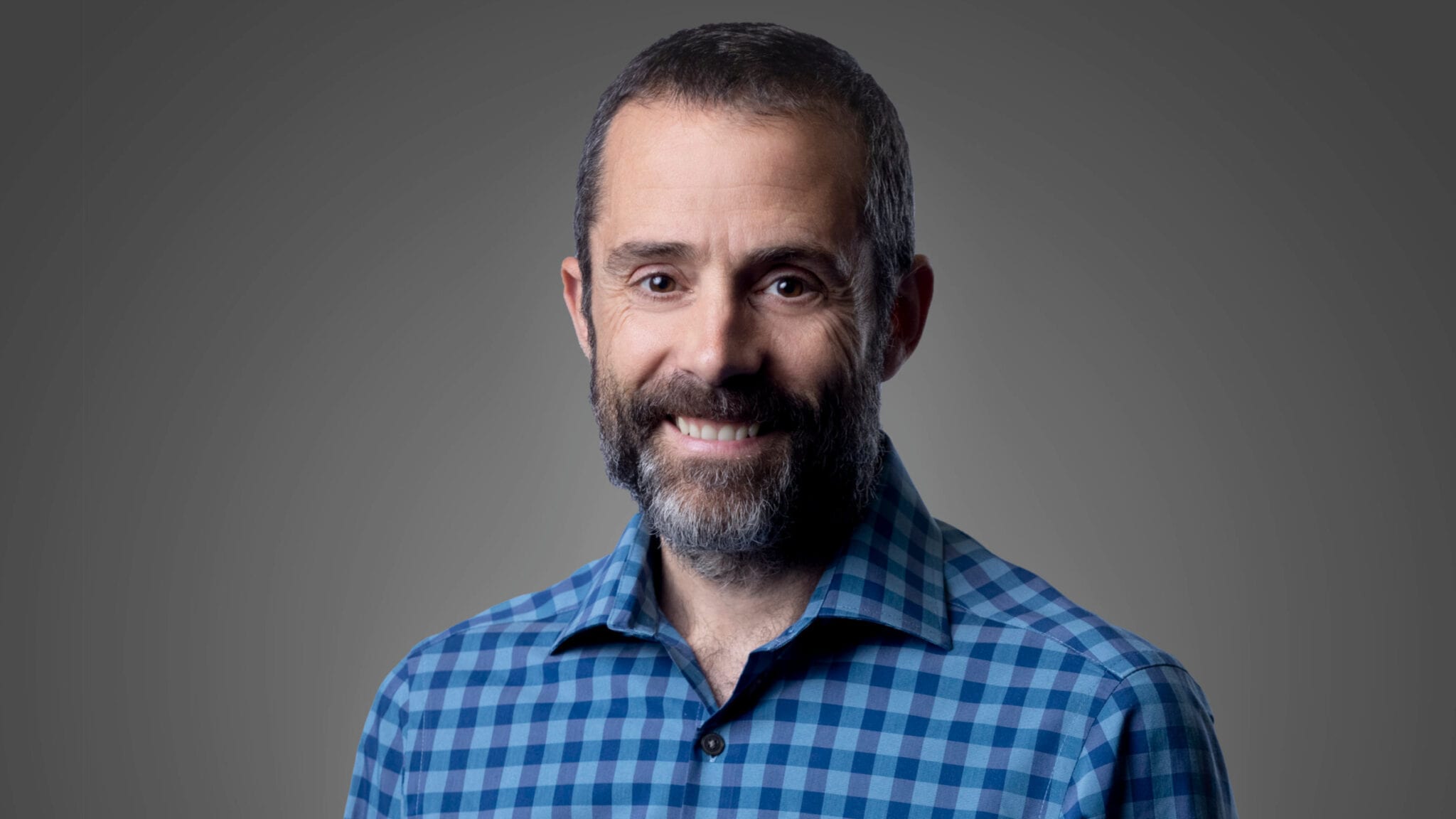
Bernat Olle, Vedanta Biosciences CEO
Vedanta brings home a win for lead microbiome program, passing a PhII test and clinching BARDA investment
Vedanta Biosciences wrapped up a Series D about two months ago to advance its microbiome research, but it’s not content to rest on its laurels …
Sign up to read this article for free.
Get free access to a limited number of articles, plus choose newsletters to get straight to your inbox.